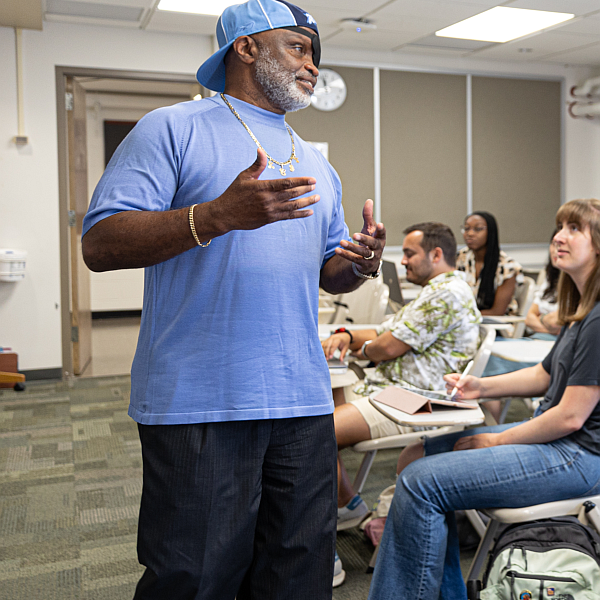The PhD in behavioral and community health sciences prepares students to conduct research and teach in the social and behavioral sciences areas of public health and in academic settings. The PhD is focused on training researchers in the behavioral and community health sciences to integrate state-of-the art theory, designs, and analysis approaches to examine current problems in public health.
Jaime E. Sidani, PhD, MPH, CHES®
Associate Professor, Director of Doctoral Program
6131 Public Health
412-383-0733
jaime.sidani@pitt.edu

